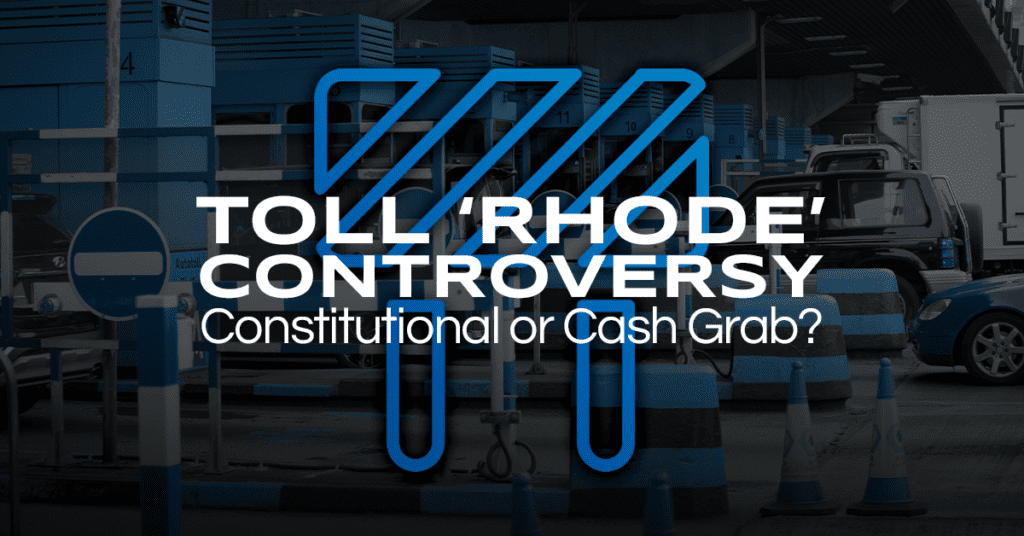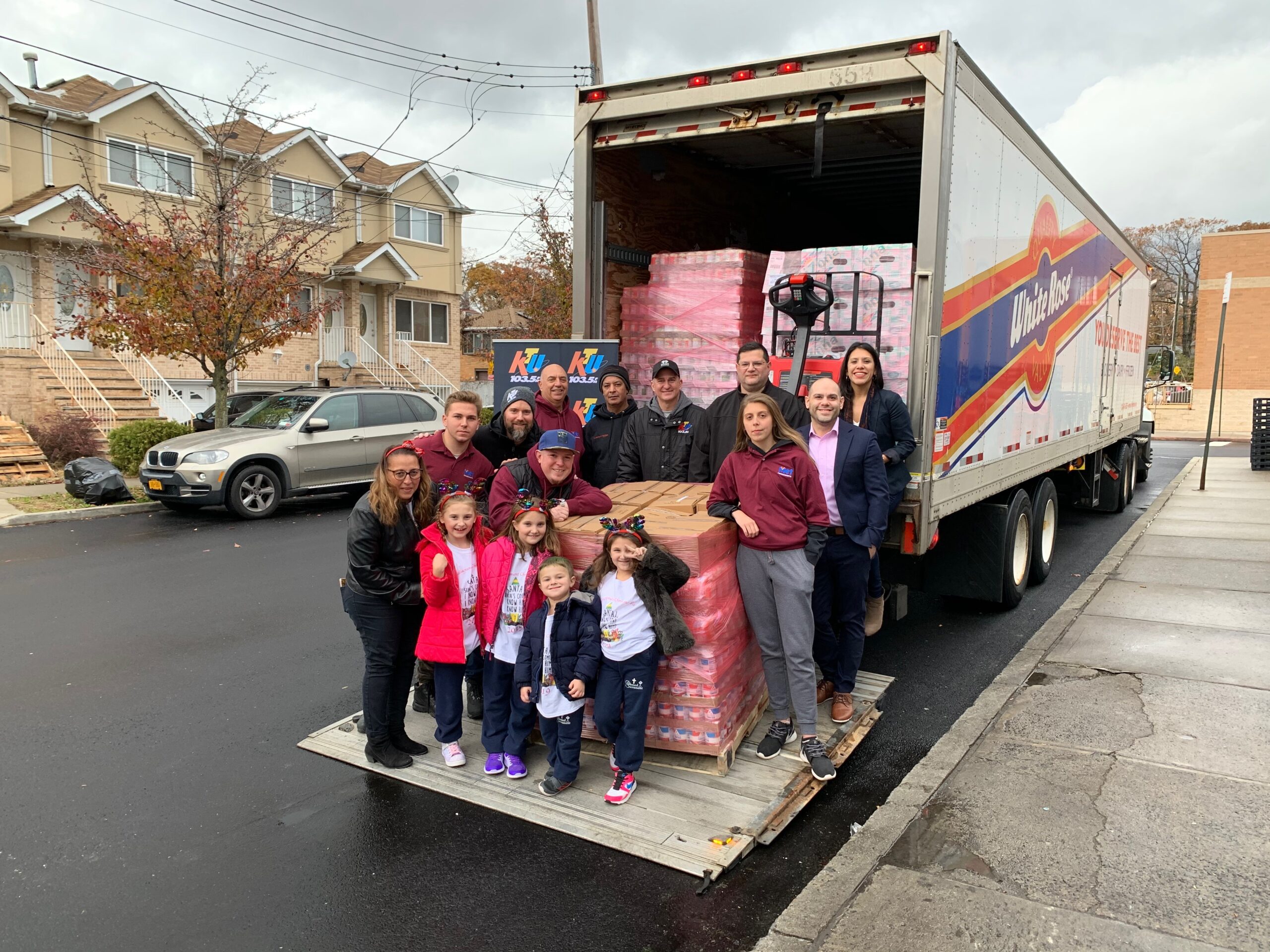
Rhode Island’s Truck-Only Tolls: Mounting Controversy and Nationwide Repercussions
Rhode Island, The Ocean State, is awash in a sea of opposition. At the heart of the turmoil is its truck-only tolling system, part of the RhodeWorks program. What makes this system stand out is that it’s already faced the gavel once and was deemed unconstitutional by a federal court. The American Trucking Associations, a national trade association and the victors of the previous lawsuit, argued that the tolling system infringed upon the Commerce Clause of the U.S. Constitution, which guards against discriminatory interstate commerce fees.
Now, the tables are turning again, leading to two recent amicus briefs filed with the U.S. District Court of Appeals shaking things up and garnering strong support from the trucking and business communities in order to uphold the previous court’s ruling against this type of contentious tolling scheme.
Rhode Island’s Tolling System Under Fire: A Clear Violation?
On May 31, the U.S. Chamber of Commerce threw its weight behind the opposition. In its amicus brief, the Chamber contended that the tolling system was a blatant violation of the Commerce Clause. They view Rhode Island’s tolling plan as a thinly veiled ploy to extract money solely from out-of-state trucks involved in interstate commerce in an attempt to fund the repair of the state’s own bridges. Even the origins of the RhodeWorks program are scrutinized, with allegations of discriminatory intent as the plan morphed from its initial proposal.
From All-Inclusive to Targeted: The Evolution of RhodeWorks
RhodeWorks’ original proposal seemed inclusive, with plans to impose tolls on all large trucks from Class 6 upwards. After local trucking industry feedback, however, the proposal took a U-turn. Class 6 and 7 vehicles were given a pass, and repeat per-day visits to a single toll gantry were limited. According to the Chamber, these amendments served to safeguard local business interests, leaving out-of-state entities to foot the bill and creating a tolling system biased against interstate commerce.
A Blueprint for Bias: The Domino Effect of the RhodeWorks Model
The Chamber raises the alarm about the implications of Rhode Island’s appeal. If RhodeWorks is upheld, it could serve as a roadmap for other states to fill their coffers by taxing out-of-state commercial interests. This would deal a severe blow to the national free trade arena underpinned by the Commerce Clause.
An Inequitable Burden: The Brunt of the Tolls
Opposition to Rhode Island’s tolling program is not confined to the Chamber. 48 state trucking associations and numerous trade groups echo the sentiment that RhodeWorks unfairly impacts out-of-state users. The tolling system spares nearly 97% of total vehicle traffic on tolled bridges, leaving out-of-state users to shoulder the costs.
Rhode Island Stands Firm: Infrastructure Crisis and ‘Fair’ Tolling
Rhode Island hits back, insisting that the tolls are unbiased, applying equally to all semis, irrespective of their state of origin.
The state paints a picture of a severe infrastructure crisis:
- A worrying 19% of Rhode Island’s roads and 5% of its bridges are in unacceptable and poor conditions, respectively.
- The state leads the nation with 22.3% of bridges classified as structurally deficient in 2019.
- Beyond bridges, 75% of major roads in Rhode Island are in poor or mediocre shape.
- These poor road conditions cost each driver about $556 annually, totaling a massive $634 million yearly cost to all Rhode Island motorists.
Contesting the Justification: Outdated Data and Failed Funding Alternatives
However, opponents are not convinced by Rhode Island’s defense. They call out the state’s justification as being rooted in an outdated 1978 study based on 1966 road tests, which they claim grossly exaggerates the infrastructure damage caused by tractor-trailers. Furthermore, they point out the state’s admission that truck tolling was a last resort funding strategy after other options failed to meet the revenue needs for infrastructure repairs.
If you made it to this part of the article, we’d just like to take a moment to thank you for taking the time to read this weekly recap. Be safe out there and as always, If you’re in search of CDL A, B, or warehouse positions, check out our open positions. And if you need staffing solutions for commercial driving or industrial positions, be sure to explore our offerings.



